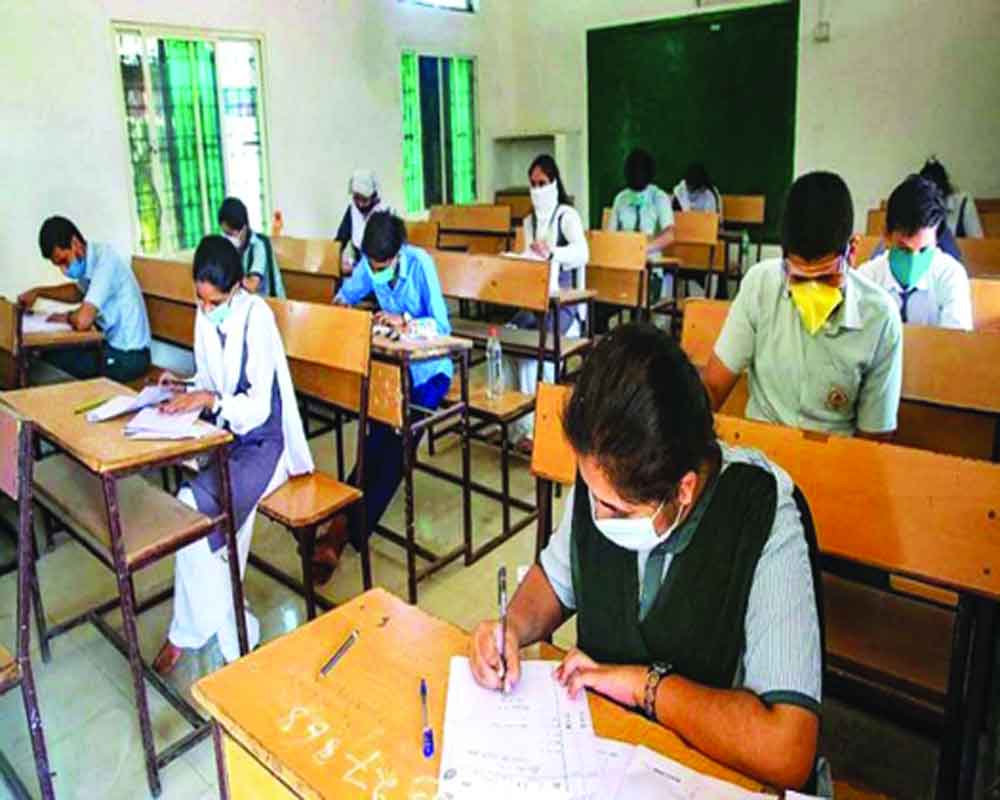The nature of education has increasingly got universalised in the last few decades
Any group activity requires some shared observance of well-considered norms. They could be as basic as the time the activity would begin, where it would begin, how it would conduct itself and more. Any confusion there would have its impact on the nature of the outcome of the group activity. The issue, therefore, is not whether regulations are needed but the level of regulation and its efficacy. A few amongst the free spirited are known to have reservations about any rules or regulations. What they need to realise is that even to enable them to be free spirited, a few regulations would be required. The country has been in fits and starts been attempting to rewrite the regulations required to enable the new education policy. The exact status of firming up regulations related to the same is not openly known, yet. It is obvious that such an exercise would need considered thought and requires lead time. Be that as it may, in the ultimate analysis, regulations are guidelines with thresholds defined. Crossing them would merit visitation of a punitive kind. The negative recognition which would then follow would require credible means of implementation. The credible means of implementation would require an information network and an adequate implementation system. The prescription is difficult to follow with grace and effectiveness. The challenges to the above are obvious. It is the credibility of implantation which would hold the key. When applied to the education system it is important to recognise how the nature of education has increasingly got universalised in the last few decades and how there has been increasing pressure to merge global trends with local traditions. A further consideration which has got to be kept in mind is that of progressive emergence of international guidelines and norms in the education sector like many other sectors including oceans, space, sports and more. A reference to Sustainable Development Goals 2030 may help to make the observation clearer. The fourth SDG talks of having the aim of inclusive, equitable, quality education and lifelong learning. These are ideals with universal appeal. The story continues to talk of equal access and affordable quality-which also would cover university education.
The sectors under reference would include technical, vocational, tertiary sectors and more. On the ground, there is the reality of a rapidly changing economics and that of societal and environmental challenges. With the disruptions arising out of technological developments including digital revolution, artificial intelligence, machine learning and more, a well thought through, acceptable, response of the education system is yet to crystallise. A universal bottom line, would need to emerge. In the meanwhile, web-based education, duly fanned by the pandemic, is increasing its scope and depth. The universe of training is undergoing transmutation and talk of big data developments is a factor to contend with. All this becomes necessary, also because the world is experiencing new models of work and increasingly unpredictable demographic trends. All in all, the present times are unique, if somewhat imponderable. Those who are not allergic to ambiguity will find it fascinating to grapple with some of these issues. The collective ability of this generation and the ones to follow to seize the opportunity will be the touchstones of future joy or grief of human survival.
(The writer is a well-known management consultant. The views expressed are personal.)


























